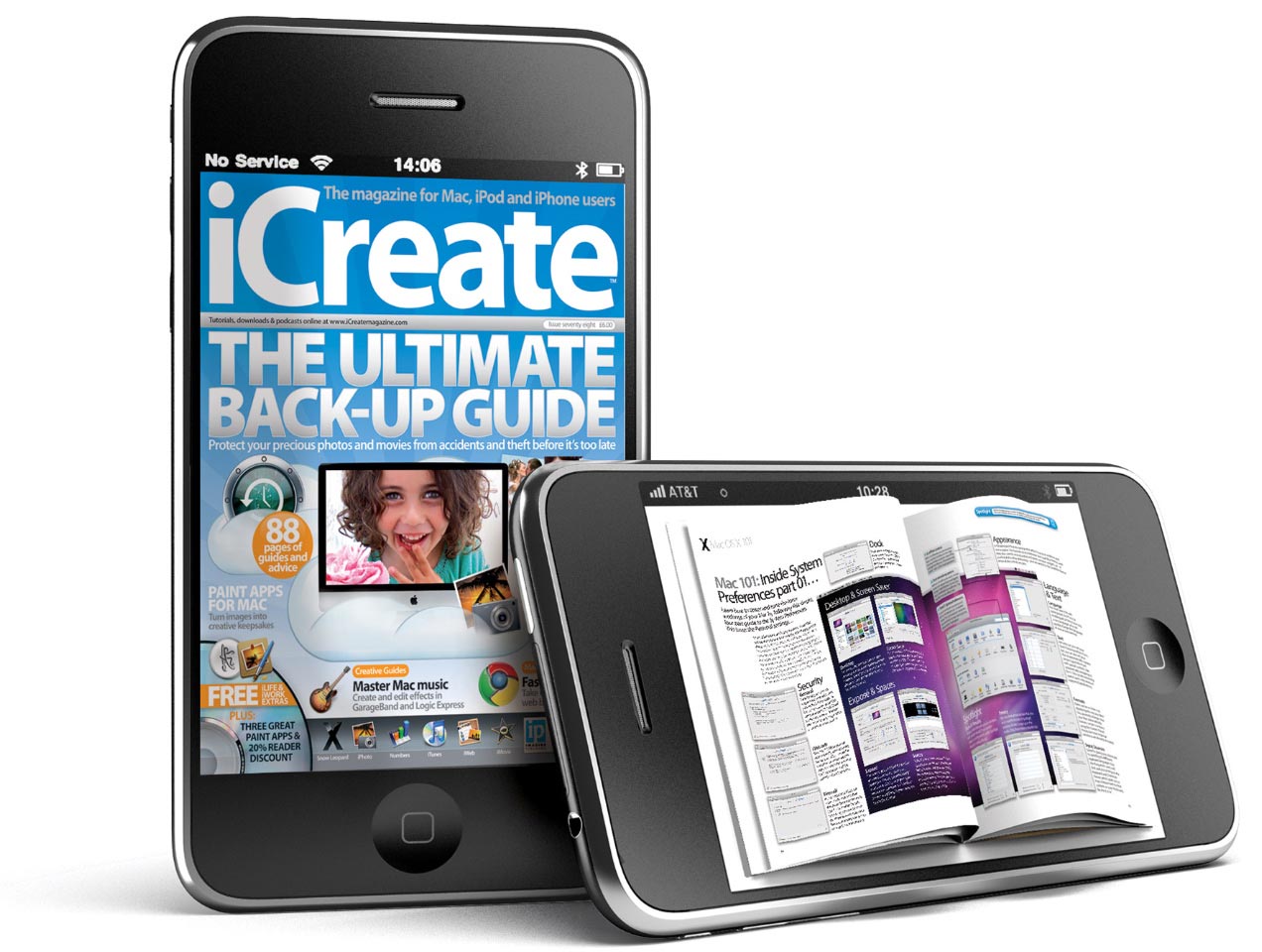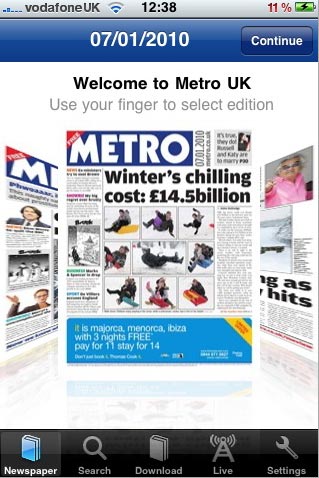The news industry buzzword of the year so far is just three letters long: “app”. Newspapers, magazines and broadcasters are falling over themselves to grab a slice of the burgeoning mobile app economy, led to a huge degree by Apple’s iPhone.
But how developed is the news and publishing app market in the UK what features are now standard? To find out we examined 36 leading apps on the Apple App Store in detail. The apps are varied in style, origin and purpose, but all present information, news and data to the palm of readers’ hands.
Here’s the spreadsheet in full:
(You can download it here…)
And here are some key findings:
- Price: 24 of the apps we researched – or two thirds – were free. Six require subscription charges.

- Multimedia: seven apps have a dedicated photo channel, 13 have a video feed and six have a dedicated audio stream. Some apps, like the broadcast-heavy ITN, feature much video without a specialist channel.
- Social sharing: Email is by far the most popular story-sharing tool with a third of apps we looked at offering it. Next comes Twitter which features 15 times and Facebook with 12; 11 had no social sharing tools at all.

- Search: Surprisingly, only 11 apps had a search feature and just two – Guardian and FT.com – used a system of tags for navigation.
- Offline reading: Seven offered offline reading.
- Ads: 17 apps offer display or pre-roll ads – half of those we looked at. The solitary app to offer classified advertising was Kent News, from KoS Media and PageSuite.
What does this show? That the gap between the desktop-based digital publishing world and the mobile web is still wide, despite huge leaps in functionality in the last six months. The Guardian’s app, developed in-house with back-end help from 2ergo, is a clear leader by offering a mixture of text, audio and pictures, offline reading/listening and an intuitive content tagging system.
But though that app is priced at £2.39 and has had more than 100,000 downloads and counting, it has no advertising and currently no video. As Guardian News & Media digital content director Emily Bell told me recently, the plan is to launch more apps in the near future, rather than look at more ways of monetising its flagship app.
Only 11 apps we looked at have a search function. But does that matter? Mobile, on-the-go readers checking football scores on their phones while on the bus don’t care what happened two months ago.
However, that is assuming that readers will come back every day – what if readers only care about news on Africa your app hasn’t published anything on it for last week? What will readers do? Go somewhere else.
It’s food for thought for a growing sector and don’t forget – this is all before the iPad touches down, which could set off an apps arms race of its own…
Patrick Smith is a freelance journalist and event organiser, and formerly a correspondent for paidContent:UK and Press Gazette. He blogs at psmithjournalist.com and is on Twitter.

 But interestingly these applications, developed by technology company
But interestingly these applications, developed by technology company 